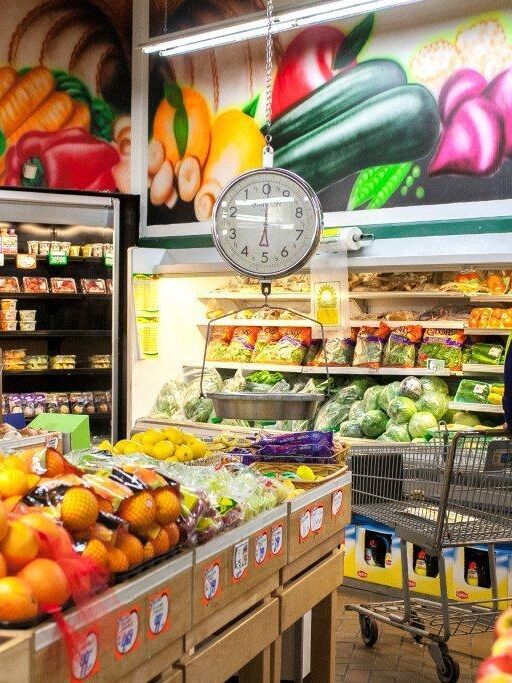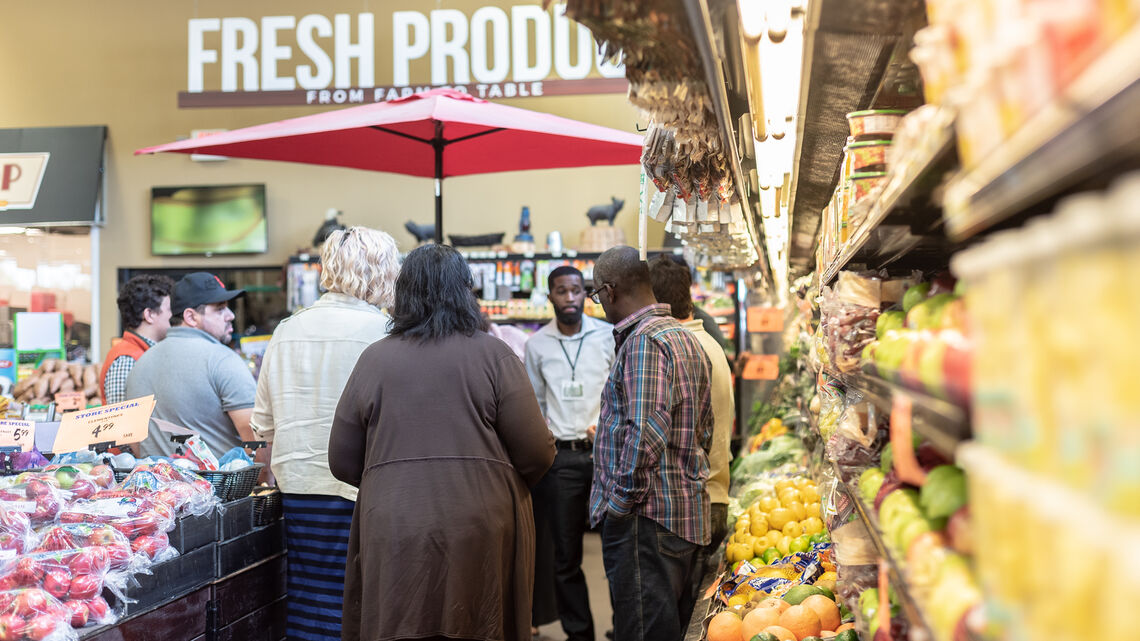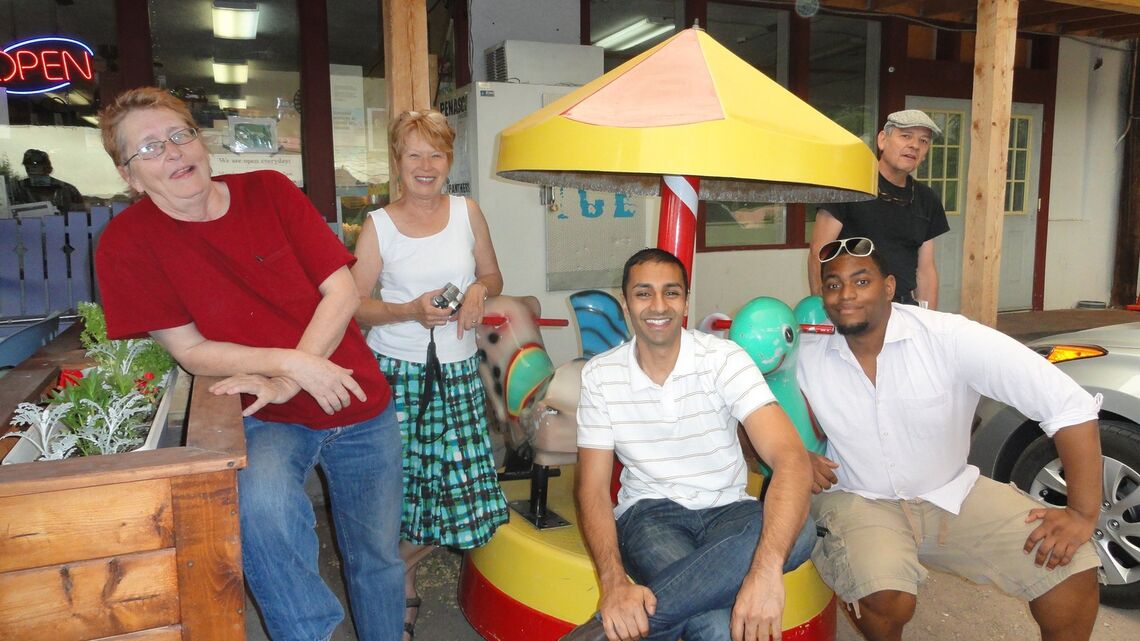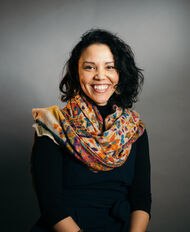Bodega Bootcamps
What dreams may come when you can change the corner of the block? Urbane's Bodega Bootcamp offers retailers and community stakeholders a crash course in developing a sustainable grocery business model that puts high margin, healthy, perishable foods at the center of the store - literally and figuratively.

Overview
What do NYC, Philly, Detroit, Kansas City (MO), Minneapolis, Buffalo, Seattle, Dixon (NM), and even Windsor (ON) and Toronto have in common? They've hosted Urbane's Bodega Bootcamps, tailored to provide bespoke solutions - and sometimes a hug! - to retailers and communities navigating an ever-changing food-retail landscape.
Multiple
2008 - Present
Customized Training and Technical Assistance; Market Intelligence; Financial Analysis; Business & Organizational Strategy; Marketing and Visual Merchandising; Inventory and Supply Chain Analysis; Customer Attraction and Retention

Synopsis
By centering the ubiquity and importance of bodegas and other smaller format retailers - community anchor institutions in their own right - Urbane brings its holistic community and economic development expertise to grocers, whether they are early stage or established, and communities, and meets them where they are on their journey toward financial sustainability. Healthier and culturally competent retail can nourish residents appetities, spirits, and livelihoods.
Store owners work directly with the Urbane team as we educate grocers on the “change-agent” model of store marketing and operations. We teach owners to source, merchandise, and market healthy products effectively within their store context, while using their newly acquired knowledge about these products to change shopping behavior and engender community health and wellness.
For community stakeholders, Urbane offers a multi-day workshop to help participants understand the realities of operating small-scale stores in underserved areas and what it takes to successfully market healthier foods through these stores. The classroom portion focuses on lessons learned from several leading corner store interventions across the country and understanding how to organize effective corner store intervention strategies. The off-site segment of the workshop will include shopping visits to wholesalers (produce, meat, fish, etc.), a “takeover” of a corner store, and discussion of the daily realities of running a small-scale store.
Our approach focuses on identifying and building capacity for grocers who are true active entrepreneurs. These grocers are interested in growing their businesses through sound operating practices, a focus on high quality food products, and a commitment to using their using their knowledge of good food to educate their customers and community to make better food choices.





